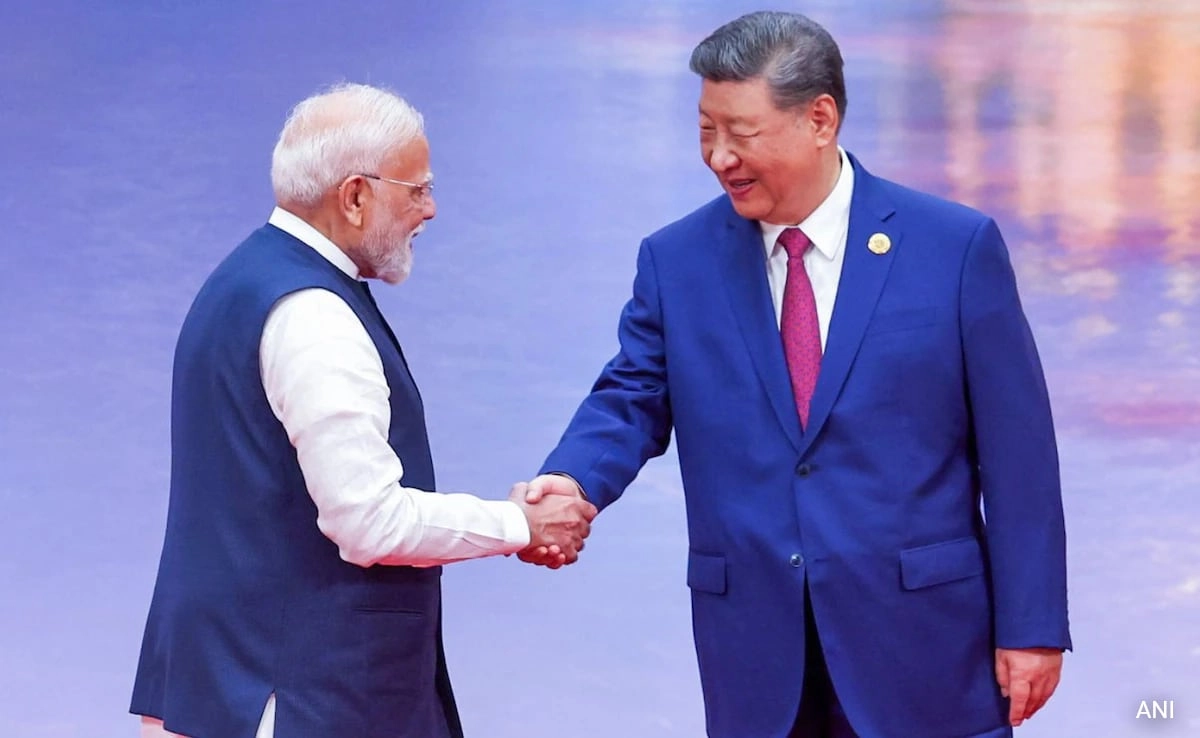During Prime Minister Narendra Modi’s recent visit to Trinidad and Tobago, he was warmly welcomed with a vibrant display of Bhojpuri culture, specifically through a traditional dance known as ‘Chautaal.’ This lively performance, characterized by rhythmic movements and spirited music, reflects the rich cultural heritage of the Indian diaspora in the Caribbean. The event not only showcased the artistic talents of the local performers but also highlighted the deep-rooted connections between India and its former colonies, where the influence of Indian traditions continues to thrive.
The choice of Bhojpuri ‘Chautaal’ for the welcome was particularly significant, as it represents the cultural identity of many Indo-Trinidadians who trace their ancestry back to Indian laborers brought to the islands during the indentured labor system. This dance form, often accompanied by folk songs and communal participation, serves as a reminder of the enduring legacy of Indian culture in these regions. It encapsulates the spirit of unity and celebration that characterizes such gatherings, fostering a sense of belonging among the Indo-Trinidadian community.
Prime Minister Modi’s visit underscored the importance of cultural diplomacy in strengthening bilateral ties between India and Trinidad and Tobago. The warm reception he received, marked by traditional performances, symbolizes the shared history and cultural bonds that continue to flourish between the two nations. As Modi engaged with local leaders and addressed the Indian community, the festivities surrounding his arrival served to reinforce the connection between the Indian government and its citizens abroad, celebrating the contributions of the diaspora in enriching the cultural landscape of Trinidad and Tobago.
In an era where cultural exchanges play a pivotal role in international relations, events like this highlight the significance of preserving and promoting traditional art forms. The Bhojpuri ‘Chautaal’ not only entertains but also educates, providing a platform for younger generations to connect with their heritage. As Trinidad and Tobago continues to embrace its multicultural identity, the celebration of Indian traditions, embodied in such performances, will remain essential in fostering mutual respect and understanding among diverse communities.




